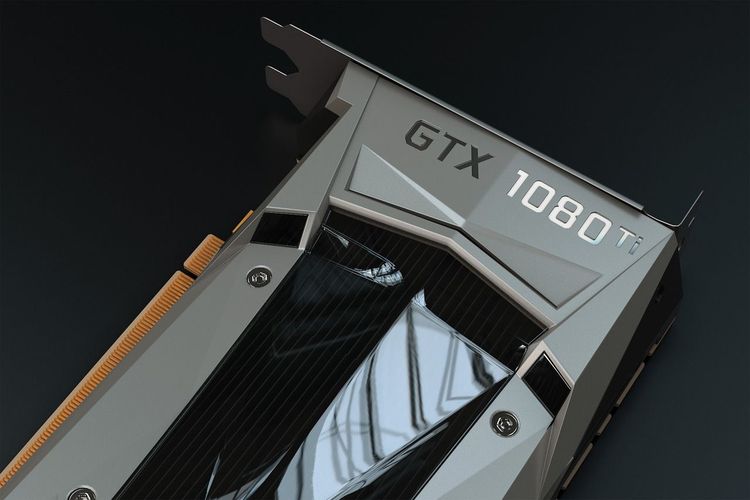China's Tech Giants Compete to Invest $340M in OpenAI Competitor
Most people like

Introducing our AI-native Search API designed specifically for web and mobile applications. Enhance your user experience with cutting-edge search functionalities that leverage artificial intelligence to deliver highly relevant results. Our API optimizes search efficiency, ensuring seamless integration and improved engagement for your applications. Unlock the power of intelligent search capabilities today!

Discover the transformative power of Sexting AI, your virtual companion designed to foster authentic connections. Experience engaging conversations and meaningful interactions that blur the lines between digital and personal relationships.

ReRoom AI empowers users to effortlessly generate photorealistic renders for their interior design projects using SketchUp. Transform your designs into stunning visualizations that captivate clients and enhance presentations with this powerful tool.

Revolutionize your hiring process with our cutting-edge online skill assessment platform designed for comprehensive talent evaluation. Whether you're seeking to enhance your recruitment strategy or improve employee training, our platform delivers precise insights into candidate abilities and skills, ensuring you find the right fit for your organization. Explore how our innovative solutions can transform your approach to talent management today!
Find AI tools in YBX



